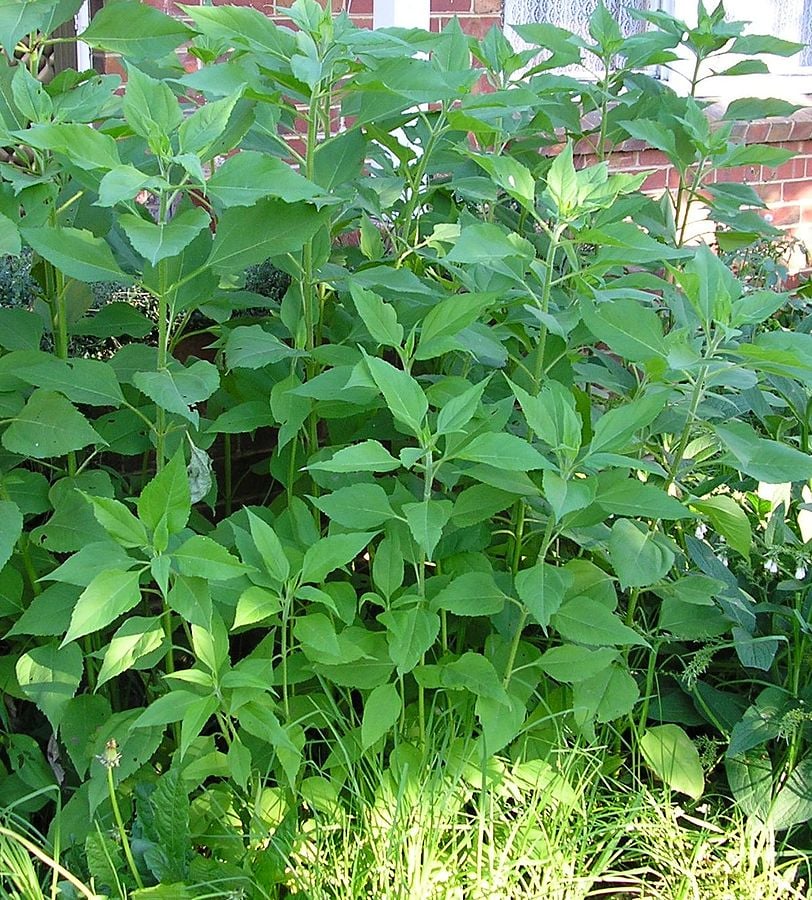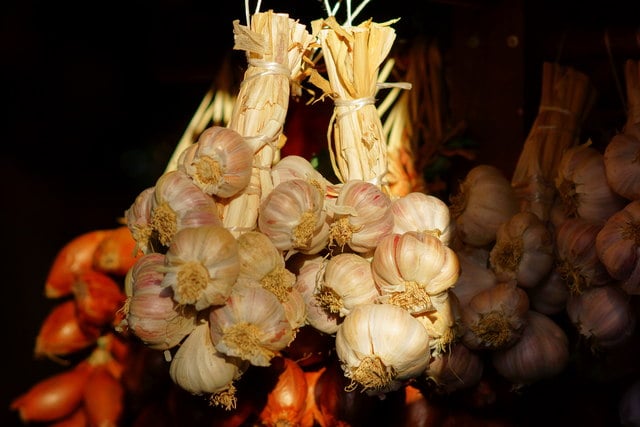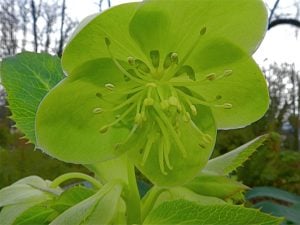Wrap up for February jobs in the garden
We can really feel the days lengthening in February and the birds are starting to sing, morning and evening. As long as the ground isn't rock hard with frost or snow, it's time to get ahead with February jobs in the garden.
February jobs: chit potatoes
It’s time for people in southern parts to chit early potatoes (the ones which will grow and be ready first). People further north should hold off for a few weeks. That’s because potatoes are very susceptible to frost so they shouldn’t be ready to plant out when fierce frosts are still possible.
Stand the seed potatoes, shoot end uppermost, in a tray so that strong green shoots can start to sprout. Put the tray in a light and cool but frost-free place. Then when you plant them out they are ready to go!
February jobs: plant Jerusalem artichokes (Helianthus tuberosus)
If I tell you that Jerusalem artichokes are a member of the sunflower family then you won’t be surprised when they grow about 1.8 – 3 metres tall. They’re a great summer screen for a shed or a compost bin and are easy to grow from tubers.

Jerusalem artichokes growing. Photo by Paul Fenwick and licensed for reuse under CC BY-SA 3.0, https://commons.wikimedia.org/w/index.php?curid=39407
Although Jerusalem artichokes can be grown in any odd part of the garden and will put up with rougher conditions than most vegetables, they’ll certainly welcome a good helping of garden compost. Plant the knobbly tubers about 10-15 cm deep, 37cm between tubers, in rows about 75cm apart. They may need staking in exposed places.
A couple of warnings. 1 - They are a perennial and do spread. 2 - Although they taste good (Jerusalem artichoke soup is delicately lovely) they don’t always agree with everyone.
And Jerusalem? Although they came from North America originally, ‘Jerusalem’ is a mangling of ‘girasole’, the Italian word for sunflower.
February jobs: sow onions and plant shallot sets
These vegetables are essential in the kitchen and on a rushed and unplanned evening, can turn unpromising ingredients into something quite delicious. They really do make all the difference.
Onions and shallots like to grow in the same place for a few years so that fertility can be built up. Dig the vegetable bed deeply in the autumn and incorporate lots of compost.
In drier, more southerly parts of the country you could try sowing onion seed in soil that has been worked to a ‘fine tilth’. (A fine tilth is when the soil particles are fine enough so that the seedling has enough air and water and does not have to fight its way out of the soil.) When the soil is dry enough not to clump up on your boot, tread the ground firmly and sow.
Sow onion seeds from late winter until mid-spring 1.3cm (½in) deep in rows 20cm (8in) apart. Thin out first to 5cm (2in) and later to 10cm (4in). Closer planting will result in more bulbs and a heavier crop, but smaller bulbs.
In wetter and more northerly parts you and I will probably be more successful with onion sets – young onions, planted in April.
Shallots are one of the great hidden British vegetables: milder, sweeter and finer than onions, and softer when cooked. They are great in other cuisines too: excellent in risotto and a key part of Thai cooking.
Shallot sets (young shallots) can be planted in February (later if you are in a colder location, even into March), 15 cm apart, in rows 23 cm apart. Press the sets firmly into the soil so the top is just showing. Don’t be too firm as you don’t want to damage the basal plate where the roots will grow as this can encourage rot. Replant the sets that worms or blackbirds dislodge until the roots have developed enough to keep them in place.
Those of us in colder, wetter areas don't have to wait though. We can plant onion and shallot sets in modules under cover in February.
I’m looking forward to July when we can harvest them.
And, as my friend Tim says, that’s shallot. (Groan …)
Sign up for our emails below, so we can send you blogs on gardening tips, as well as updates on our sales, so you don’t miss out on those garden furniture bargains!









